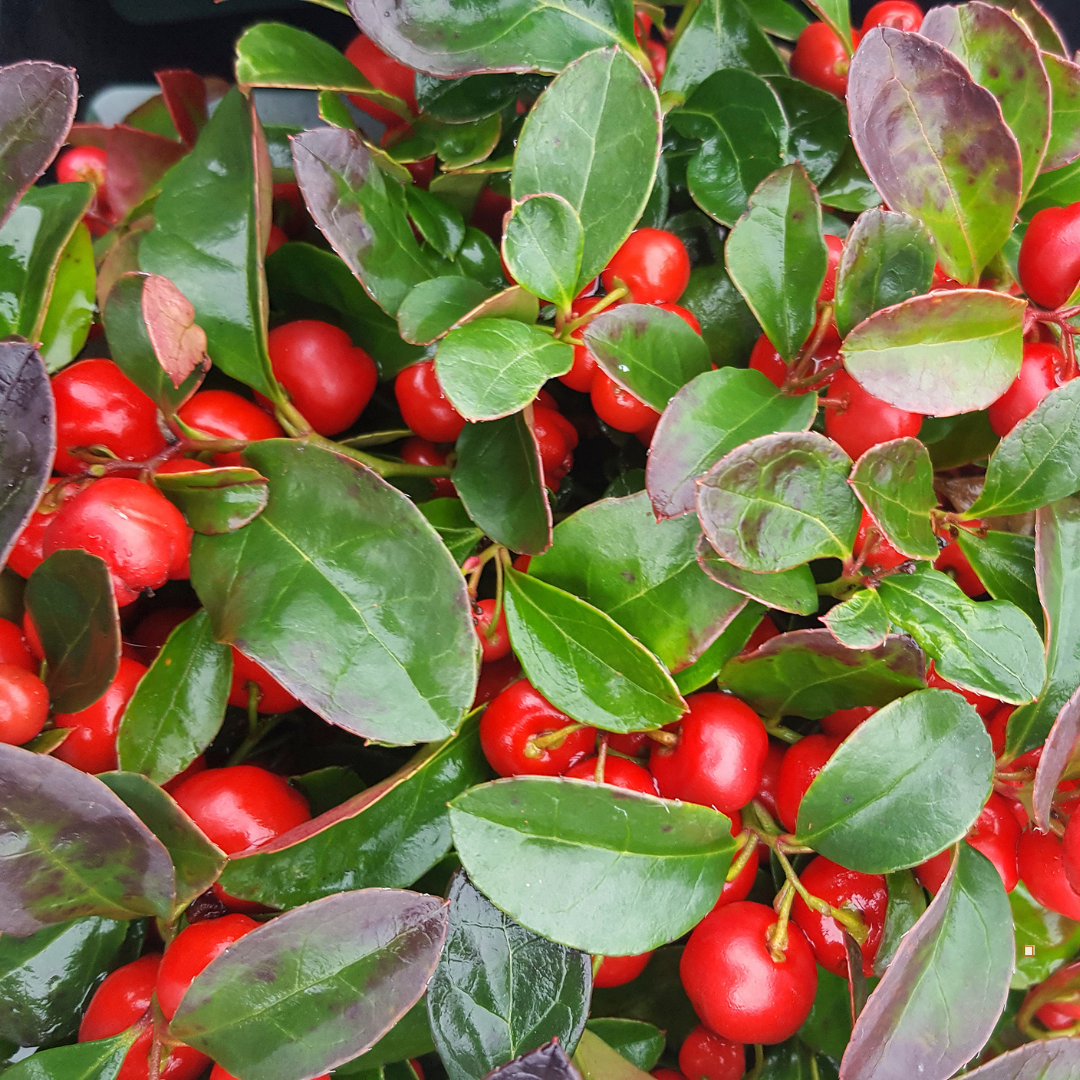
Debunking Common Myths About Tanzanian Peaberry Coffee
Tanzanian Peaberry coffee often intrigues home brewers who seek exotic beans, but misinformation can cloud your understanding of what makes this coffee truly special. As someone who has tasted and studied coffees from around the globe, I’ve encountered plenty of misconceptions along the way. Let’s clear up some of the biggest myths so you can enjoy a richer, more informed coffee experience.
Myth #1: Peaberries Are Always Superior Beans
There’s a common belief that peaberries are inherently better than other coffee beans. The truth is more nuanced. While peaberries—a type of coffee bean that forms individually rather than as a pair inside the cherry—can exhibit distinct flavors, they are not universally superior. Tanzanian Peaberry coffee, grown in the high altitudes of Tanzania’s volcanic slopes, often boasts bright acidity and balanced sweetness. Still, these attributes stem more from soil composition, climate, and careful processing than from the bean’s shape alone.
It’s helpful to think of peaberries as an intriguing variation rather than a guaranteed upgrade. Much like how not all single-origin coffees taste alike, not all peaberries share the same level of quality. The key to enjoying these beans lies in sourcing from reputable roasters who pay attention to where and how the coffee is produced.
Myth #2: Peaberries Are Extremely Rare
Tanzanian Peaberry is sometimes portrayed as a rare delicacy that’s hard to come by. In reality, peaberries occur naturally in about 5-10% of coffee cherries. While this is not the majority, it’s also not an astronomical rarity. Because they occur regularly, producers can separate peaberries during processing to create specific lots. This isn’t a miraculous find—it’s a careful, methodical sorting process.
By understanding that peaberries are not exceedingly scarce, you can approach these beans with an open mind. They’re special, yes, but they’re not unobtainable. Plenty of roasters source peaberries to highlight the unique characteristics of coffee from Tanzania, making them accessible to curious home brewers.
Myth #3: All Peaberry Coffee Tastes the Same
Tanzanian Peaberry coffee has a reputation for being extraordinary, but it’s important to remember that not all peaberries share identical flavor profiles. Just as different regions, farms, and processing methods influence the taste of other coffees, they impact peaberries, too. While beans of this kind often showcase a concentrated flavor because of their singular shape, the specific tasting notes—be they citrus, chocolate, or floral—depend on the local terroir and how the cherries are handled after harvest.
Don’t be surprised if one batch of peaberries delivers a clean, tea-like body with subtle fruit notes, while another leans more toward chocolate or spice. Variety is part of what makes exploring coffee so exciting. With each bag of peaberries you brew, you embark on a fresh journey, discovering the nuances that different producers and roasters bring to the table.
Myth #4: Peaberries Are Too Acidic for Most Drinkers
Acidity often gets a bad rap in coffee, with some assuming it leads to unpleasant sourness. In reality, a well-structured acidity contributes brightness, complexity, and clarity to the cup. High altitude coffee from Tanzania frequently offers a lively acidity, but that’s not something to shy away from. Instead, it’s a key component that makes these beans dynamic and refreshing.
If you’re new to bright coffees, try experimenting with different brewing methods. A pour-over might highlight the crisp notes, while a French press could soften the edges, balancing acidity with a fuller body. Adjusting your grind size, brew time, and water temperature can help you discover how to bring out the best in peaberries. Acidity doesn’t have to be intimidating—it’s just another dimension of flavor to appreciate.
Myth #5: Peaberry Coffee Must Be Dark Roasted to Taste Good
Some coffee drinkers assume that a dark roast is necessary to bring out desirable flavors, especially in beans with a distinct profile like peaberries. However, this mindset can mask the very qualities that make these beans special. Medium or light roasts often preserve the intricate notes that define coffee of Tanzania, maintaining a balance between sweetness, acidity, and subtle fruit or floral undertones.
At the same time, there’s no single “correct” roast level. Personal preference matters. If you love the caramelization and heavier body of a medium-dark roast, go for it. Just be aware that pushing the roast too far can flatten the complexity and nuance you might have otherwise enjoyed.
Myth #6: Peaberries Need Fancy Equipment to Brew Properly
While precise equipment can enhance your coffee brewing experience, it’s not a requirement for enjoying this coffee. A well-calibrated burr grinder and a simple pour-over or French press setup can bring out the vibrant notes in peaberries. Paying attention to your grind size, measuring your coffee and water accurately, and using freshly roasted beans will elevate your cup far more than an array of expensive gadgets.
Home brewers who pay close attention to detail—from bean selection to brewing technique—are more likely to unlock the full potential of these beans. Don’t be discouraged if you don’t have a high-end espresso machine or a fancy grinder. Start with quality beans and refine your process as you gain experience.
Myth #7: Peaberry Coffee Doesn’t Support Coffee Farmers
Another misconception is that enjoying specialty beans doesn’t benefit the people who produce them. In truth, by purchasing coffee of Tanzania from reputable roasters who value traceability and quality, you help support farmers who put immense effort into cultivating and processing these beans. Responsible sourcing and fair pricing mean that farmers receive compensation that encourages them to continue refining their methods and investing in their communities.
This positive impact matters. When you brew this coffee at home, know that your choice can contribute to a sustainable supply chain, acknowledging the hard work and expertise that goes into every batch. It’s a reminder that coffee is not just a beverage; it’s a bridge connecting you to growers around the world.
Where to Find the Finest Tanzanian Peaberry Coffee for Your Home Brewing Needs
For those eager to experience the true depth and complexity of Tanzanian Peaberry coffee, selecting a reliable roaster and top-tier beans is essential. At Frontier Coffee Roasters, we take pride in offering a curated coffee variety that showcases the best attributes of these exceptional beans. Through small-batch roasting, we preserve their vibrant flavor and aroma, ensuring that you receive premium coffee beans that capture the essence of Tanzania’s high-altitude coffee regions. With fast delivery, it’s never been easier to bring home the authentic taste of Tanzanian Peaberry Coffee. For more details, explore the Frontier Roasters Coffee Hub and the Tanzanian Peaberry Coffee Hub.

